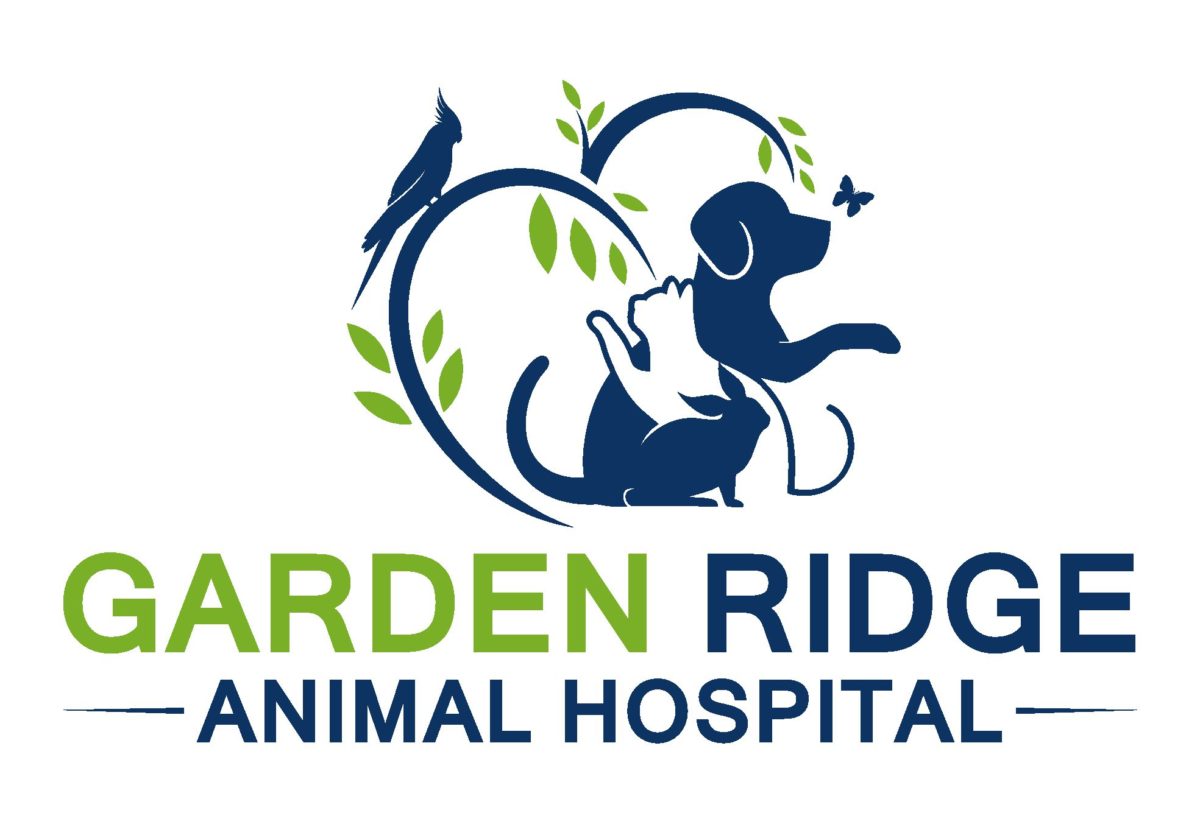There have been disturbing reports, mostly in Golden Retrievers that are eating grain free, legume (pea) based diets that are developing Dilated Cardiomyopathy. This is a heart muscle disease that causes enlarged hearts, most commonly seen in cats that are eating diets deficient in taurine. Taurine is an amino acid present in most meat and milk. It has been well known that deficiencies in cats can cause dilated cardiomyopathy, but has been rarely seen in dogs until now.
Most of these cases seen by veterinary cardiologist have been on “boutique”, homemade, or raw diets, not the major pet food manufacturers. Some universities are looking for more patterns, but it has been seen most often in Golden Retrievers. https://www.avma.org/News/JAVMANews/Pages/180801e.aspx?utm_source=email-optin&utm_medium=javma-news-180801&utm_campaign=animal-health&utm_term=link&utm_content=pet-diets-heart-disease
I am amazed daily by the number of clients that proudly boast their dog is on a grain free diet. Many think that grain free means no carbohydrates, and that just isn’t the case. To manufacture the kibble, they need some carbohydrates, so the makers use potato, peas, and other legumes instead of wheat, corn, barley and oats. I myself try to eat low carb to manage blood sugar, but I can’t do No carb. I am not gluten intolerant, so I do enjoy my home made sour dough bread in small quantities, especially when it is fresh out of the oven. I have met very few dogs that are gluten intolerant, but there are definitely a few. There are compelling studies for dogs with inflammation in skin or gastrointestinal tracts that benefit from gluten free diets. Gluten is a protein in found in wheat, barley and rye.
I think we need to be careful when we choose pet foods and not buy into fads. Look for the AAFCO label, which means the diet meets all the known standards for nutrients in the diet. And look for a reputable manufacturer. Currently, I am most familiar with and recommend Hills, Purina, Iams/Eukanuba, and Blue since these companies all make good veterinary therapeutic diets. There are probably others that are top notch, but just don’t make therapeutic diets.
To feed grain free or not isn’t black and white. It might be very appropriate for some pets, but we need to watch these new cases of dilated cardiomyopathy in Golden Retrievers that might be related to grain free legume based diets.
https://www.fda.gov/NewsEvents/Newsroom/FDAInBrief/ucm613355.htm
https://www.texvetpets.org/article/grain-free-diets/
https://weethnutrition.wordpress.com/2014/11/04/the-myth-of-the-natural-diet/
https://weethnutrition.wordpress.com/2017/09/03/pet-food-basics-dr-weeths-top-tips-for-feeding-your-new-dog/


